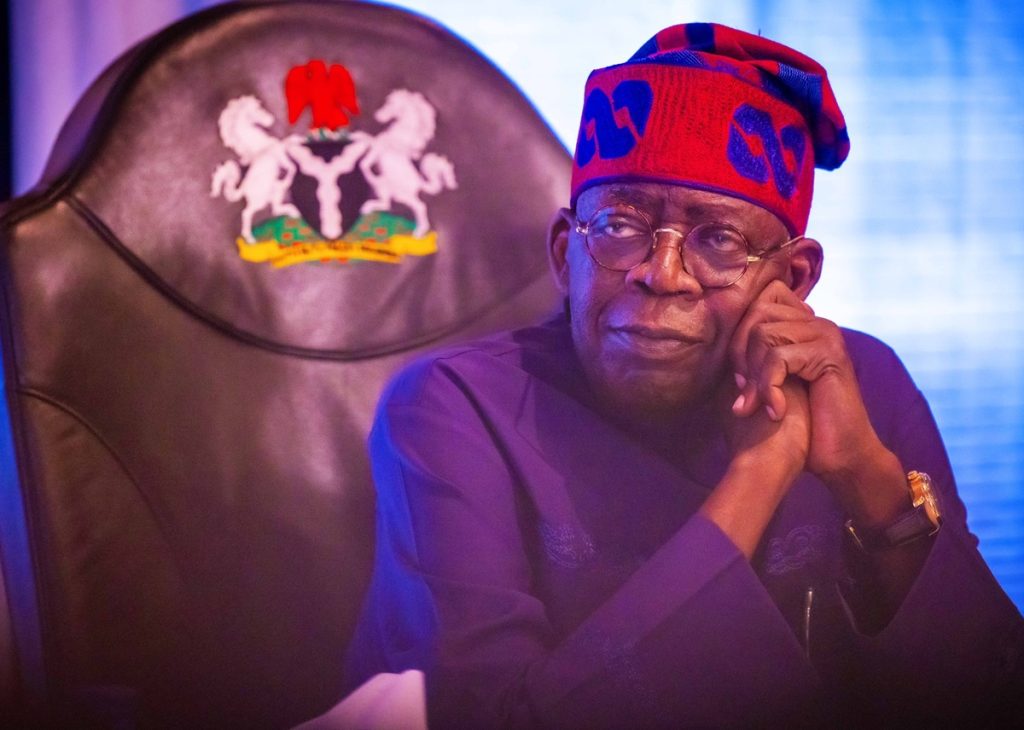The Nigerian Senate has approved President Bola Tinubu’s request to secure a $2.2 billion (equivalent to N1.767 trillion) loan to help fund the N28.7 trillion 2024 budget.
The approval, granted during Thursday’s plenary session, comes just two days after the President’s letter reached the National Assembly.
President Tinubu, in his correspondence on Tuesday, sought the loan to partially address the ₦9.7 trillion deficit in the 2024 budget.
Following the request, the Senate directed its Committee on Local and Foreign Debts to review the proposal and provide feedback within 24 hours.
At Thursday’s plenary, Senator Aliyu Wammako, chairman of the committee, presented the report recommending the loan’s approval. He explained that the funds are vital for completing ongoing projects and implementing programmes outlined in the 2024 Appropriation Act.

These initiatives, he said, are essential for Nigeria’s economic growth and development.
In his presentation, Senator Wammako noted that the borrowing aligns with the government’s Debt Management Strategy, aimed at lowering borrowing costs, extending the repayment period of public debts, and increasing the country’s external reserves. He also emphasised that issuing Eurobonds in the International Capital Market (ICM) is a feasible way to raise the funds.
““It will contribute to the implementation of the Debt Management Strategy which seeks to reduce the cost of borrowing, lengthen the maturity of the public debt stock, free – up space in the domestic market for other borrowers and help increase Nigeria’s External Reserves,” Senator Wammako explained.
The committee recommended that the Senate approve the borrowing plan and allow the government to raise the funds through various channels, including Eurobonds, sovereign Sukuk, or syndicated loans, depending on market conditions.
The recommendation also included utilising any surplus from currency exchange rate adjustments for capital projects in 2024.
Following the presentation, the Senate unanimously approved the loan request during the Committee of Supply session. No objections were raised.


